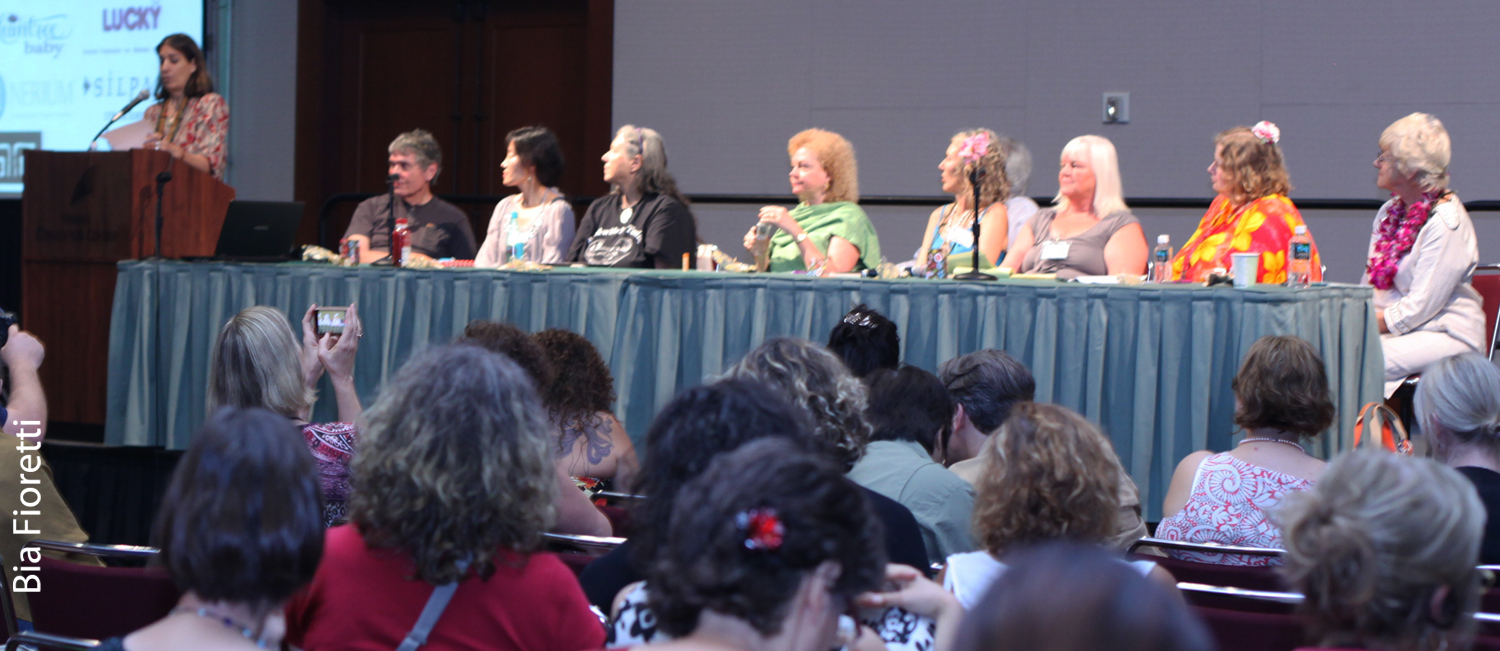
Michael Stark, Jackie Chang, Jan Tritten, Robbie Davis-Floyd, Sarah Buckley, Peggy O’Mara, Sara Wickham, Lesley Page
A panel of some of the world’s leading experts on birth shared the stage at the close of last month’s Mid-Pacific Conference on Birth and Primal Health. Their assignment? Offer a vision of birth in 4012.
Here sitting at one table were such folks as Peggy O’Mara, Sarah Buckley, Robbie Davis-Floyd, Michel Odent and other heavy-hitters in the birth world — including the president of the Royal College of Midwives, Lesley Page, and Michael Stark, president of the New European Surgical Academy and “father” of the Misgav Ladach method for Cesarean section. With a gathering like that, you’re going to hear many intriguing ideas about how birth will evolve in the next two millenia.
Some visions of birth in 4012 were inspiring, some were challenging, one was utterly bleak. But the most stunning moment emerged when Laura Uplinger came to the podium. Laura is a world citizen who has spent most of her adult life devoted to sharing education about the power of prenatal life. (She had spent most of this conference in a booth tirelessly translating dozens of talks from English into Spanish for the large South American contingent of attendees.)
Laura closed the panel with a vivid portrait of the future of as if she were reporting from that future. (more…)
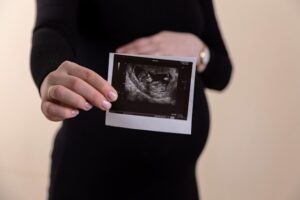 Gone are the days when we could consider pregnancy a 9-month “grace period” before the job of parenting begins. Mounting research tells us that lifelong wellbeing, including mental health, begins in the womb, and everything parents do – beginning even before conception — shapes their children in critical, life-altering ways.
Gone are the days when we could consider pregnancy a 9-month “grace period” before the job of parenting begins. Mounting research tells us that lifelong wellbeing, including mental health, begins in the womb, and everything parents do – beginning even before conception — shapes their children in critical, life-altering ways.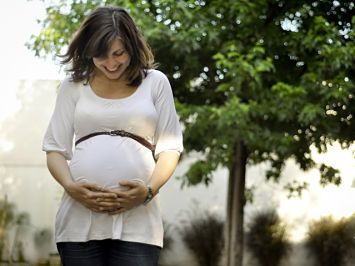 Mothers, some of the most potent parental influence you will have on your child takes place while he or she is still in your womb — so let’s hope that most of your days while pregnant are Happy Mother’s Days! While you are pregnant, your baby’s organs and tissues develop in direct response to lessons they receive about the world. These lessons come from your diet, your behavior and your state of mind — thereby hinting at the function of joy in pregnancy.
Mothers, some of the most potent parental influence you will have on your child takes place while he or she is still in your womb — so let’s hope that most of your days while pregnant are Happy Mother’s Days! While you are pregnant, your baby’s organs and tissues develop in direct response to lessons they receive about the world. These lessons come from your diet, your behavior and your state of mind — thereby hinting at the function of joy in pregnancy.
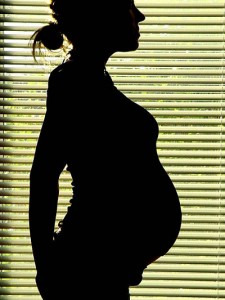
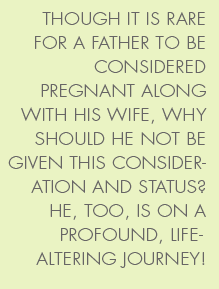 Is it the extent of his calling to act as back-rubber, chauffeur and coach? Do these “staff support” roles reflect the monumental potential influence fathers have in their family’s life?
Is it the extent of his calling to act as back-rubber, chauffeur and coach? Do these “staff support” roles reflect the monumental potential influence fathers have in their family’s life? 

